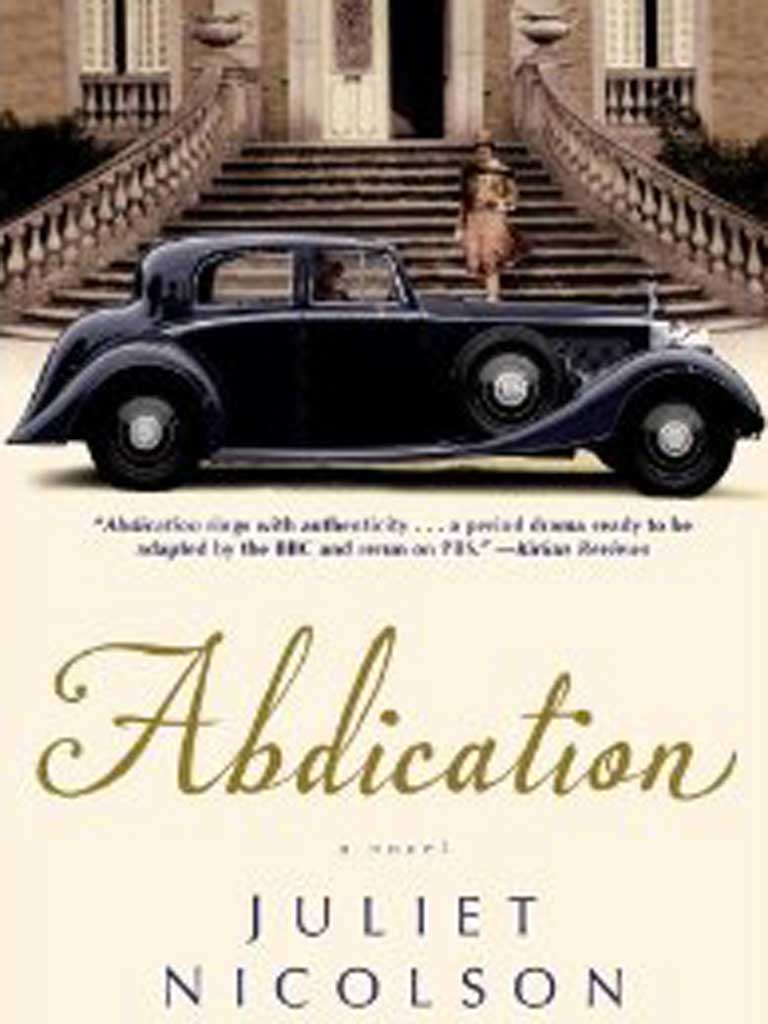
Your support helps us to tell the story
From reproductive rights to climate change to Big Tech, The Independent is on the ground when the story is developing. Whether it's investigating the financials of Elon Musk's pro-Trump PAC or producing our latest documentary, 'The A Word', which shines a light on the American women fighting for reproductive rights, we know how important it is to parse out the facts from the messaging.
At such a critical moment in US history, we need reporters on the ground. Your donation allows us to keep sending journalists to speak to both sides of the story.
The Independent is trusted by Americans across the entire political spectrum. And unlike many other quality news outlets, we choose not to lock Americans out of our reporting and analysis with paywalls. We believe quality journalism should be available to everyone, paid for by those who can afford it.
Your support makes all the difference.Juliet Nicolson has written two respected history books before this, her fictional debut. Abdication, based in 1936, is exhilaratingly rich in period details. This was the momentous year in which the Prince of Wales became King Edward VIII, his affair with the married and divorced Wallis Simpson became public, and Hitler's invasion of his neighbours was leading inexorably towards world war.
The story centres around 19-year-old May, who arrives in England from Barbados. May becomes chauffeuse and secretary to Philip Blunt, government Chief Whip. Her work includes ferrying Blunt's wife's god-daughter Evangeline around to visit her old schoolfriend, Wallis. May learns that Wallis's affair with Edward has to be kept secret. Neville Chamberlain is coaxed by Hitler into a policy of appeasement, but Edward and Wallis seem actively friendly towards the Nazis. Meanwhile, May falls for Julian, a politically aware friend of Blunt's hedonistic son. Will the difference in social status allow this relationship to bloom?
Although the plot engages from the start, early mentions of May's beauty, and slapstick anecdotes about Evangeline's heft, seem trite. Personalities are the intriguing aspect here, and better shown through speech and action. However, Nicolson adds depth by elucidating the dysfunctional relationships: Evangeline's mother was emotionally abusive and May's father sexually so. Illuminating the complexity of family bonds is one of her many strengths. Julian is repelled by his social-climber mother's shallow avarice, while Mrs Blunt is devastated by the death of one sister and indifferent to another.
Nicolson brings Edward and Wallis's relationship to vivid life, artfully conveying Edward's infatuation and Wallis's brittle social-butterfly charm. Fascinating facts are more riveting than any fiction: the cuckolded Ernest Simpson's long tolerance of his wife's infidelity; his final escape into the arms of Mary, an old schoolfriend of Wallis's, and the planted evidence of his infidelity in order to procure divorce.
Myriad historical facts and luminaries of the day embellish the story. Abdication would make a stunning adaptation for the BBC.
Join our commenting forum
Join thought-provoking conversations, follow other Independent readers and see their replies
Comments